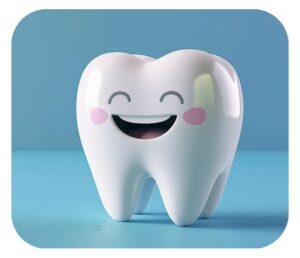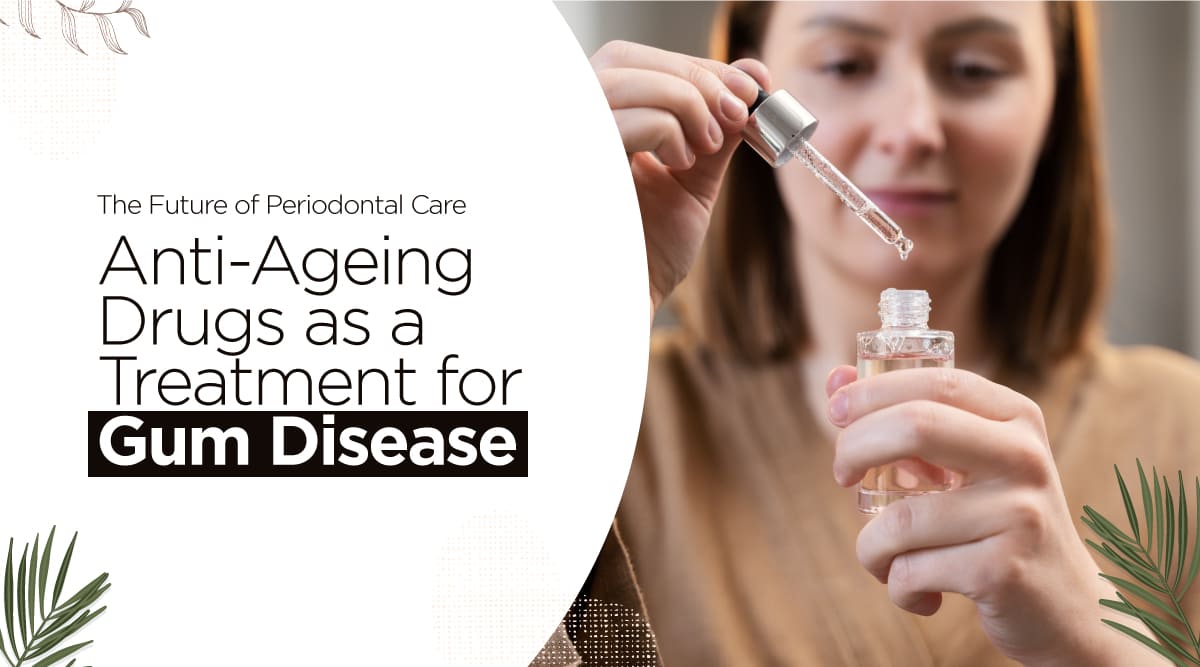As dental science continues to evolve, researchers are beginning to explore innovative treatments that challenge the traditional approaches to oral care. One of the most exciting developments in this field is the potential use of anti-ageing drugs to combat gum disease, a condition that affects millions of people globally.
This new approach could completely change our understanding of both oral health and the aging process.
The Connection Between Ageing and Gum Disease
Periodontal disease, commonly known as gum disease, is a chronic inflammatory condition that can lead to tooth loss and is associated with other serious health issues, such as heart disease and diabetes. How? The bacteria responsible for gum infections can enter the bloodstream, triggering inflammation in the blood vessels and contributing to the formation of arterial plaque, leading to atherosclerosis. As the arteries harden and narrow, it becomes more difficult for blood to flow to the heart, increasing the risk of heart attacks and strokes.
The bad news is that, according to the Centers for Disease Control and Prevention (CDC), nearly 50% of adults aged 30 and older have some form of periodontal disease, and this percentage jumps to over 70% for those aged 65 and older. This is nothing short of a public health concern. But what is more concerning about this is the realization that the risk of developing gum disease increases as we age, due in part to a weakened immune system and slower tissue regeneration. This has prompted researchers to investigate whether anti-ageing drugs might play a role in preventing or treating this condition.
Rapamycin and its benefits
A recent study done by the University of Plymouth in the UK has opened new possibilities regarding this by examining the use of an anti-ageing drug called rapamycin in treating gum disease. Rapamycin, which is known for its potential to extend lifespan and improve multiple health markers in older adults, was found to reduce inflammation in the gums and promote the regeneration of bone and tissue lost to periodontal disease. These findings suggest that anti-ageing drugs could provide a dual benefit, addressing both gum disease and the effects of aging.
What Could This Mean for the Future of Dental Care?
The implications of these studies actually proving that anti-ageing drugs can aid in periodontal care is astounding and profound. If treatments like rapamycin prove to be effective, they could transform how we manage gum disease, particularly in older populations. This could not only improve oral health but also contribute to overall well-being and longevity.

However, it’s important to recognize that while this research is promising, further studies are needed to fully understand the long-term effects and potential risks of incorporating anti-ageing drugs into periodontal treatment. And as with any new medical advancement, ensuring patient safety and efficacy will be crucial.
By staying informed and open to these advancements, we can ensure that patients receive the most up-to-date and effective care possible.

